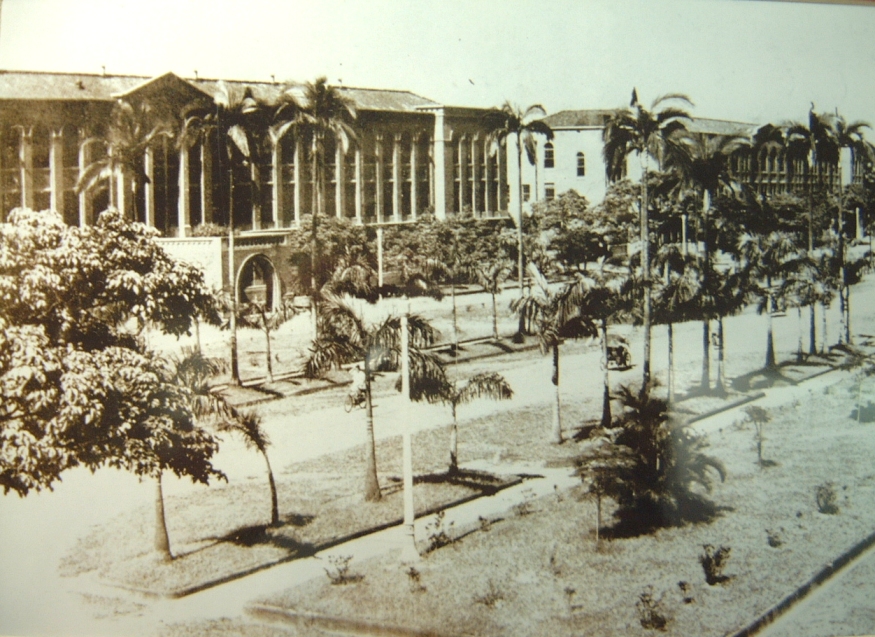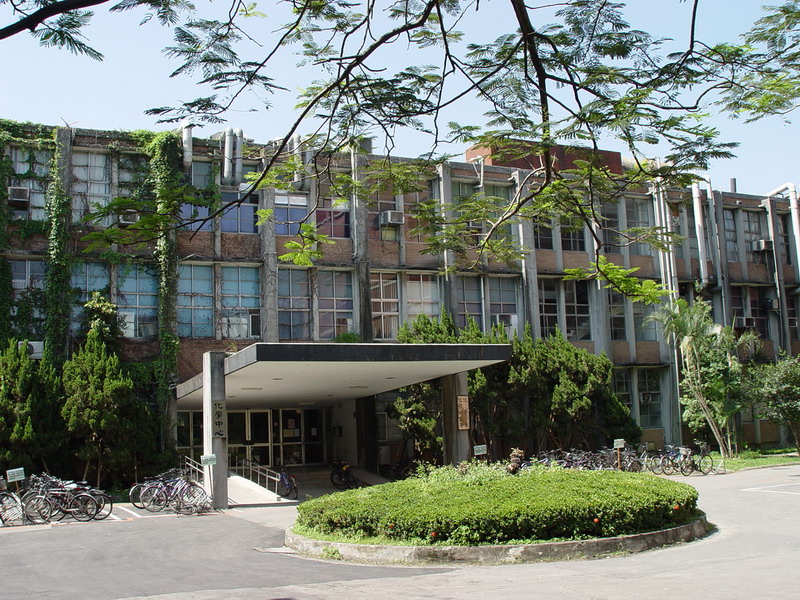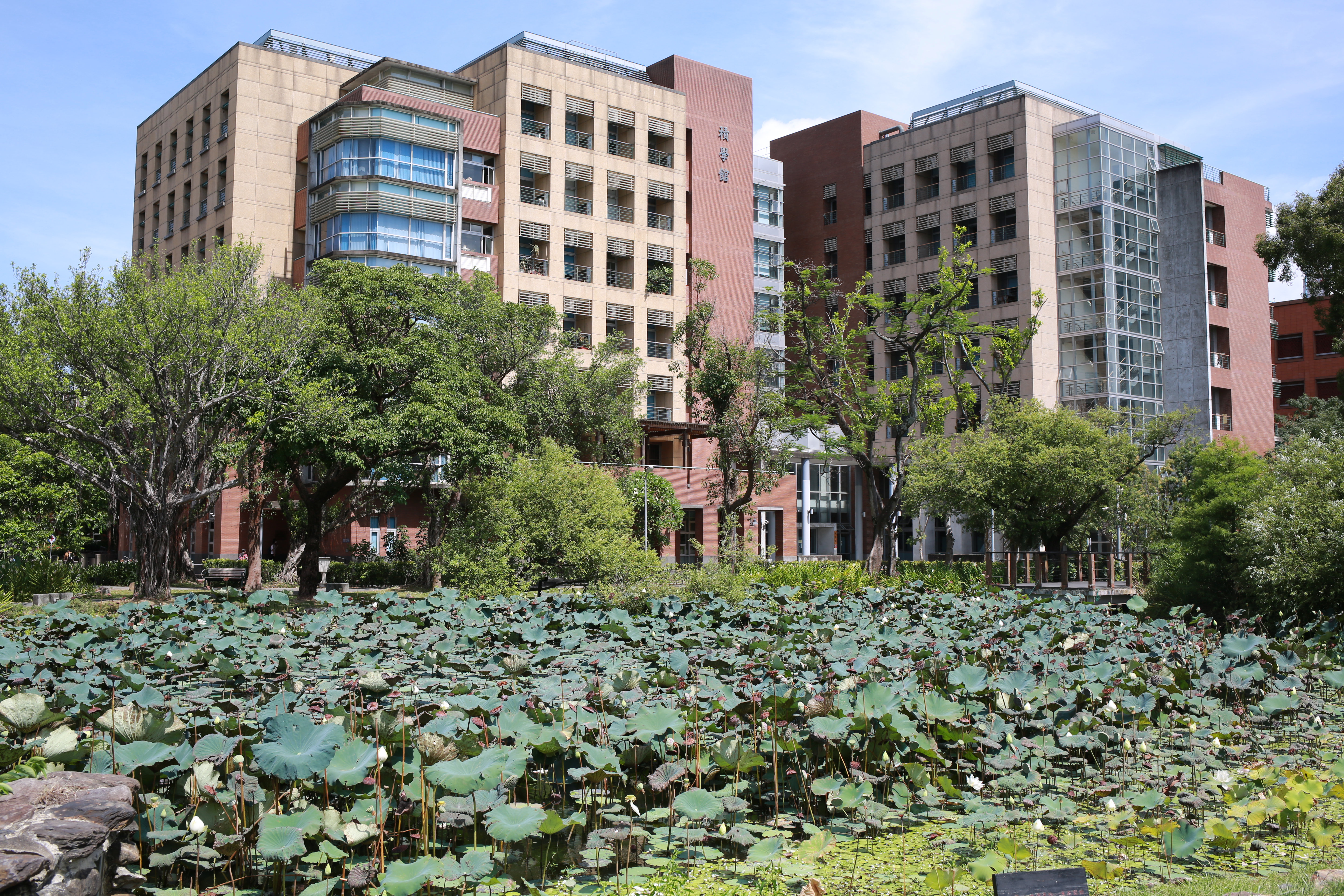NTU was founded in March 1928 as Taihoku Imperial University (台北帝国大学) by the Japanese colonial administration. Among the 10 inaugural Chairs in the Division of Science and Agriculture, three (Theoretical and Inorganic Chemistry, Organic Chemistry, and Physics) belonged to the Department of Chemistry. In 1937, the Chair of Inorganic and Analytical Chemistry was added as the fourth Chair. Then in 1943, the Division of Science and Agriculture was separated into Division of Agriculture and Division of Science, to which the Department of Chemistry belonged. The second Chair of Organic Chemistry was established in 1945; in the same year, following World War II’s conclusion, the university was transferred to Chinese administration and renamed as National Taiwan University, meanwhile the Division of Science became College of Science. During the period of 1928-1945, Department of Chemistry awarded 72 bachelors and 3 doctors in total.
The master program was established in the Department of Chemistry in 1956, then in 1966 the Ph.D. program was added, with the first Ph.D. degree awarded in 1972. Under the guidance of National Council of Science Development and with the cooperation of National Tsing Hua University and Academia Sinica, the Chemistry Research Promotion Center was established at NTU in 1965, recognizing the central role of the Department in chemistry research in Taiwan. Although the inauguration of the Institute of Biochemical Sciences in 1972 led to the transfer of a segment of academic staff to the new institute, their continued association with the Department of Chemistry has maintained the quality of chemical education provided to students. The establishment of National Science Council (later became the MOST) Regional Advanced Instrument Center in NTU in 1981 further bolstered the available research resources in the Department. Since 2007, the graduate school has consisted the Chemistry program and the Chemical Biology program.
In early years, the Department of Chemistry was located in Building No.2 that is adjacent to the nowadays Fu Bell. In 1959, the Department moved into the New Chemistry Building sitting next to the Drunken Moon Lake. To expand teaching space, student laboratories (general chemistry, organic chemistry, analytical chemistry, and physical chemistry) were relocated to Shih-Liang Hall on the northern border of the campus in 1984. The present New Chemical Research Building broke ground in August 2003; the Department moved into Wing A in summer 2005, then the remaining Wing B was completed in 2009, providing a total area of 16,200 square meters for teaching and research. The Department of Chemistry comprises 33 full-time faculty members, 5 joint-appointment faculties, and 8 Distinguished Chairs (as of January 2022) in 5 sub-disciplines of analytical chemistry, organic chemistry, inorganic chemistry, physical chemistry, and chemical biology. Furthermore, 24 department staff and 14 full-time teaching assistants help handle administrative tasks and student laboratory courses instruction. Currently the enrollment numbers include 267 undergraduates, 218 master students, and 122 Ph.D. students (as of early November 2021).
 |
 |
 |
| Building No.2 |
New Chemistry Building |
New Chemical Research Building |